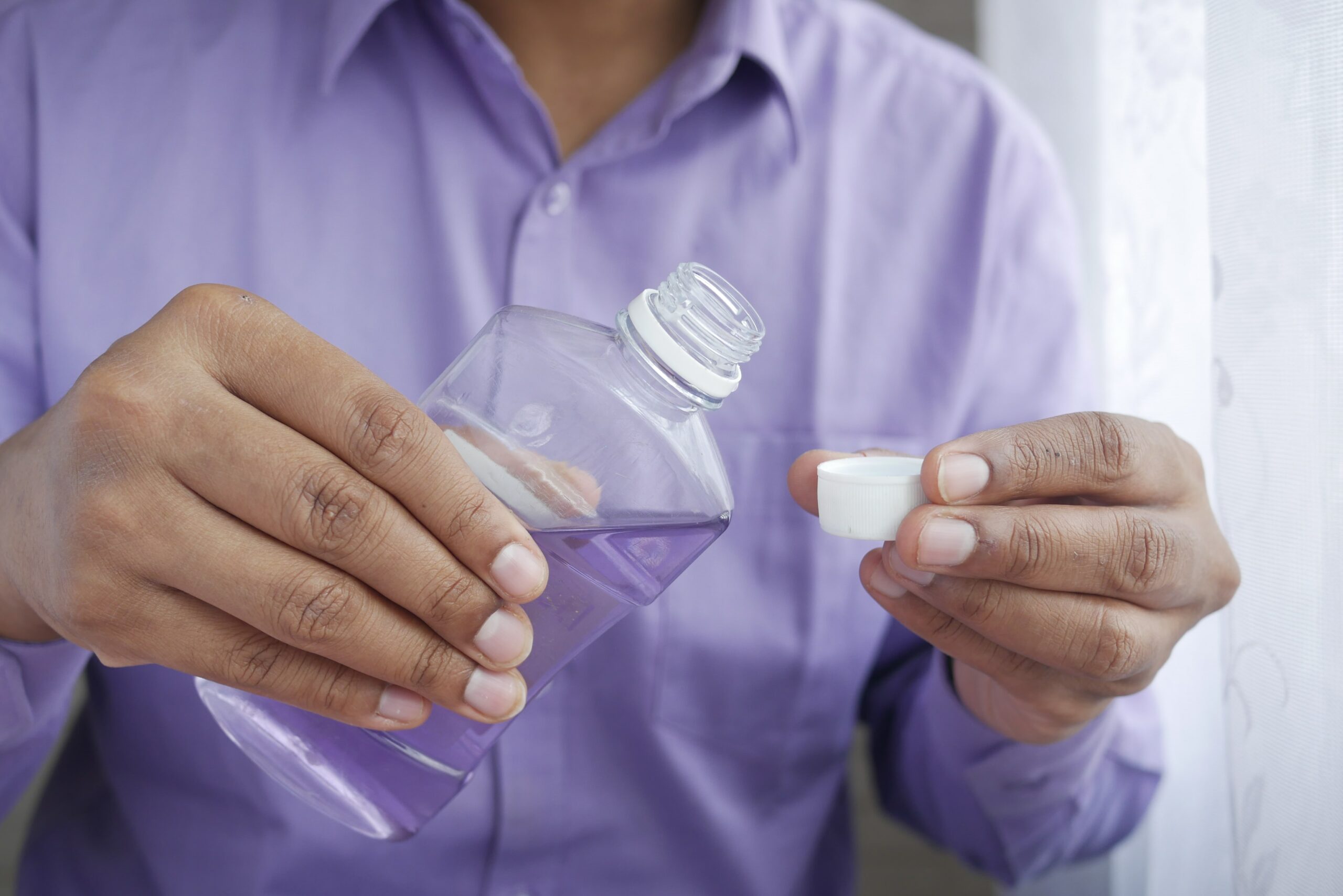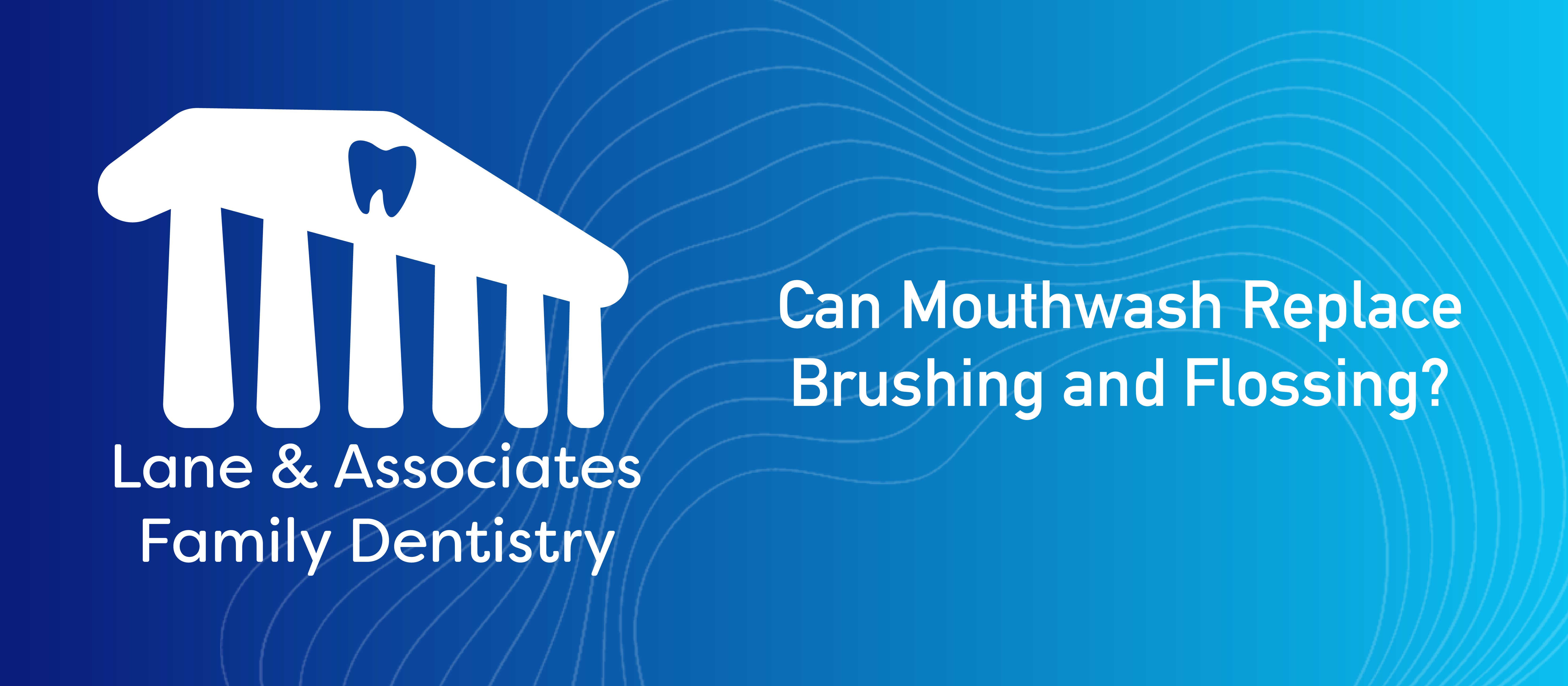Maintaining good oral hygiene is vital for overall health and well-being. Poor oral hygiene can lead to tooth decay, gum disease, and other serious health issues. While brushing and flossing are the most common methods of maintaining oral hygiene, many people wonder if using mouthwash can replace these practices. In this article, we will discuss the benefits and limitations of mouthwash and why brushing and flossing should remain a top priority.
Can Mouthwash Replace Brushing and Flossing?
The short answer is no. While mouthwash can be an effective tool for maintaining good oral hygiene, it cannot replace brushing and flossing. Brushing and flossing are essential for removing food particles and plaque from the teeth and gums. Mouthwash is designed to kill bacteria and freshen breath, but it cannot remove the buildup of plaque and food particles that brushing and flossing can.

The Purpose of Brushing and Flossing
Brushing and flossing are the cornerstones of good oral hygiene. Brushing helps to remove food particles and plaque from the surface of the teeth, while flossing removes debris from between the teeth and gums. When used together, brushing and flossing can prevent tooth decay, gum disease, and other oral health issues.
The Purpose of Mouthwash
Mouthwash is designed to kill bacteria and freshen breath. It contains antimicrobial agents that can reduce the amount of bacteria in the mouth, which can lead to better overall oral health. Mouthwash can also help to reduce the buildup of plaque and tartar, although it is not as effective as brushing and flossing.
The Limitations of Mouthwash
While mouthwash can be a helpful tool for maintaining good oral hygiene, it is not a stand-alone method. Mouthwash cannot remove food particles and plaque from the teeth and gums. It also cannot reach the areas between the teeth and gums where flossing is necessary. Additionally, some types of mouthwash contain alcohol, which can be harmful to the mouth’s natural flora and cause dry mouth.
The Importance of Brushing and Flossing
Brushing and flossing are critical for preventing tooth decay and gum disease. They work together to remove food particles and plaque from the teeth and gums, reducing the risk of oral health issues. Regular brushing and flossing can also help to keep the mouth healthy, prevent bad breath, and promote overall wellbeing.
How to Incorporate Mouthwash into Your Oral Hygiene Routine
While mouthwash cannot replace brushing and flossing, it can be a helpful addition to your oral hygiene routine. It is best to use mouthwash after brushing and flossing to help kill any remaining bacteria in the mouth. Look for a mouthwash that contains fluoride, which can help to strengthen the teeth and prevent tooth decay. Be sure to follow the instructions on the label and use the mouthwash as directed.
Conclusion
Maintaining good oral hygiene is essential for overall health and wellbeing. While mouthwash can be an effective tool for maintaining oral hygiene, it cannot replace brushing and flossing. Brushing and flossing are essential for removing food particles and plaque from the teeth and gums, reducing the risk of tooth decay and gum disease. Incorporating mouthwash into your oral hygiene routine can be helpful, but it should be used in addition to brushing and flossing. Make sure to prioritize your oral health by brushing and flossing regularly and using mouthwash as directed.


